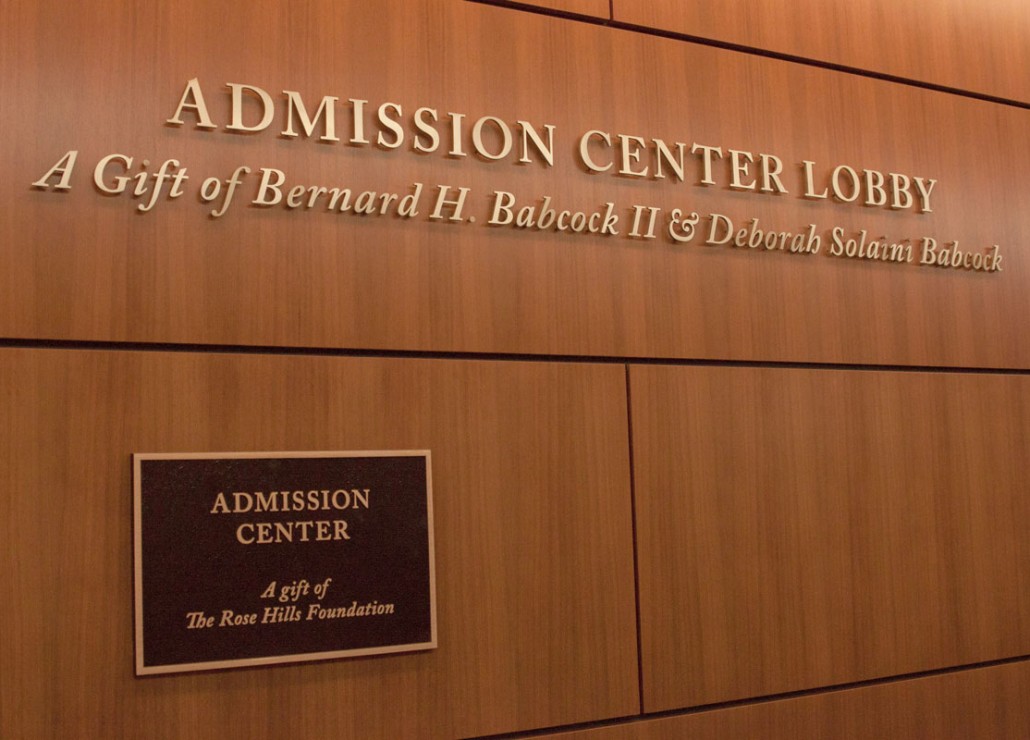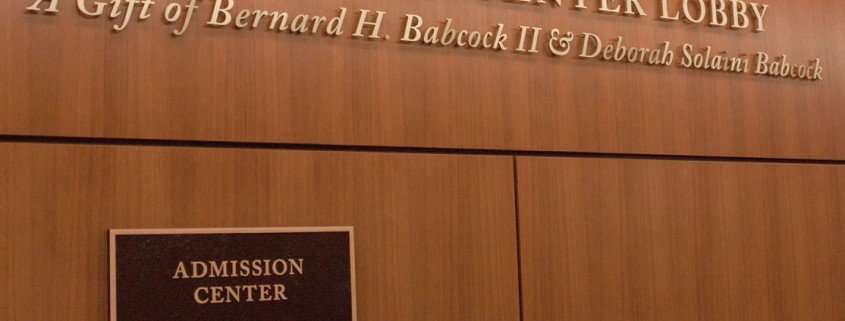Students, parents sue USC and other universities over alleged admission scam

Four students and three parents have filed a class action lawsuit against USC, UCLA, Stanford, Yale and several other universities claiming they were denied fair opportunities for admission Thursday, according to the complaint obtained by the Daily Trojan.
The suit follows an FBI investigation that uncovered a nationwide college admissions scam at several universities, including USC.
The suit alleges that, while the students were qualified applicants, they were rejected by various schools involved in the investigation because the admissions processes at the universities failed to fairly consider the students for admission.
“Each of the qualified, rejected students was damaged by the fraudulent and negligent conduct of the Defendants in that, at a minimum, each Class member paid college admission application fees to the Defendant universities without any understanding or warning that unqualified students were slipping in through the back door of the admissions process,” the lawsuit read.
Along with USC and Stanford, the University of San Diego, the University of Texas at Austin, Wake Forest University, Georgetown University
“We believe the lawsuit filed by the students against Stanford is without merit,” Stanford Media Relations wrote in a statement. “We take the issues raised through the events of this week very seriously. While we continue to closely examine our policies and processes to see if improvements should be made, we stand behind the integrity of our admissions process.”
Businessman William “Rick” Singer Wednesday, was also named as a defendant in the suit.
Singer ran The Edge College and Career Network, a for-profit college counseling company accused of running the student-athlete scam which saw over 20 students admitted to USC under false pretenses of being recruited athletes.
The suit also stated that, while each university described their admission processes as fair and based on merit on their websites, this was not true in the actual admission decisions. The suit claims the universities knew or should have known about the college admissions scam because the funding went to university accounts or prominent officials.
According to the FBI investigation charging documents, over 50 celebrities, executives and professors participated in a racketeering scheme in which payments were made to Universities by parents to grant their children entry to Universities under false pretenses.
USC declined to comment on the suit at the time of publication.
According to the lawsuit, the universities violated the California Unfair Competition Law, which prohibits false advertising among other anti-competitive practices.
“To represent to students that the application process is based on merit, while simultaneously turning a blind eye to rampant bribery going on with the university’s employees, constitutes a violation of the UCL,” the lawsuit read.
Tulane University student Lauren Fidelak, a plaintiff in the suit who had a 4.0 high school GPA and an ACT score of 34, was rejected from USC and UCLA, according to the lawsuit.
“She was so upset that she did not get into her chosen schools that she had an emotional breakdown and needed to be hospitalized,” the lawsuit read.
The suit claims all students or their parents paid admissions fees between $50 and $100 to each university without knowledge of the “bribery scheme” that was exposed by the FBI investigation Wednesday. Stanford student Kalea Woods, who also applied to and was rejected by USC, wouldn’t have applied if she knew about the scandal, the lawsuit alleged.
“Had [Woods] known that the system at USC was warped and rigged by fraud, she would not have spent the money to apply to the school,” the lawsuit read. “She also did not receive what she paid for — a fair admissions consideration process.”
Woods and Stanford student Erica Olson were the original plaintiffs in the suit, but Olson has since dropped out.
While there are currently seven plaintiffs, the suit stated that based on the number of students rejected each year by each university in the investigation, thousands more could join the class action.
This story will be updated.

